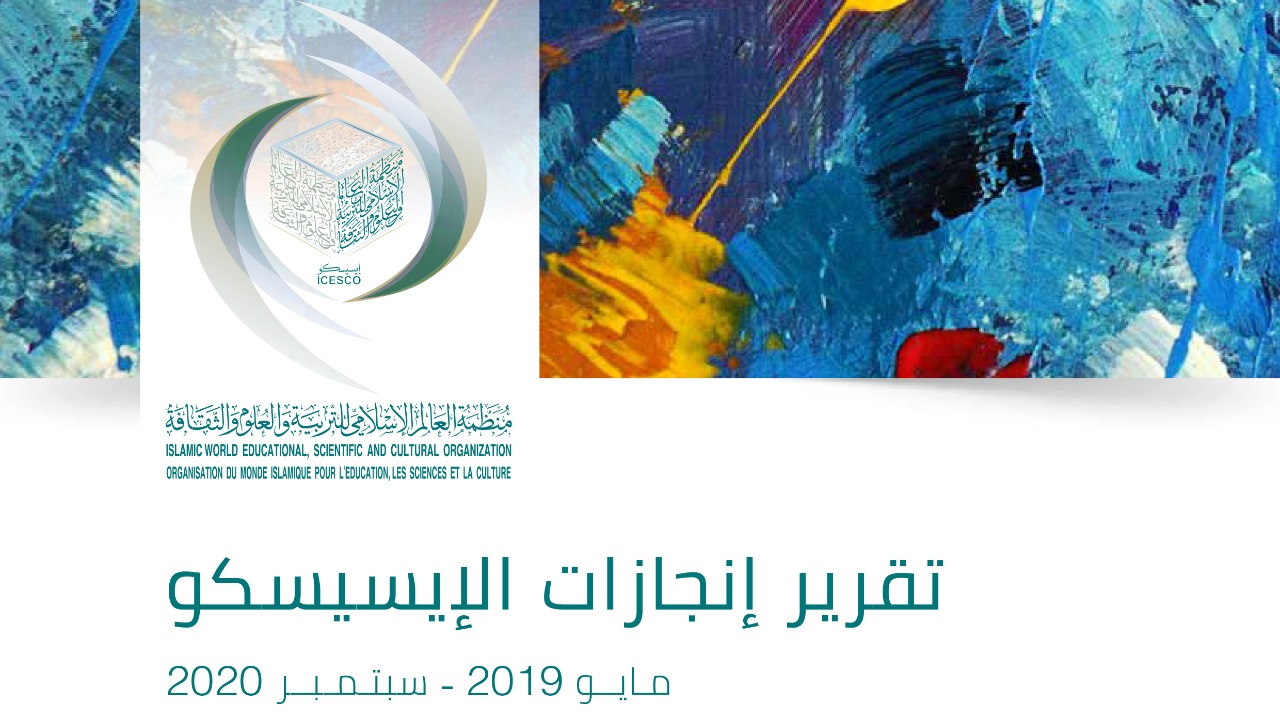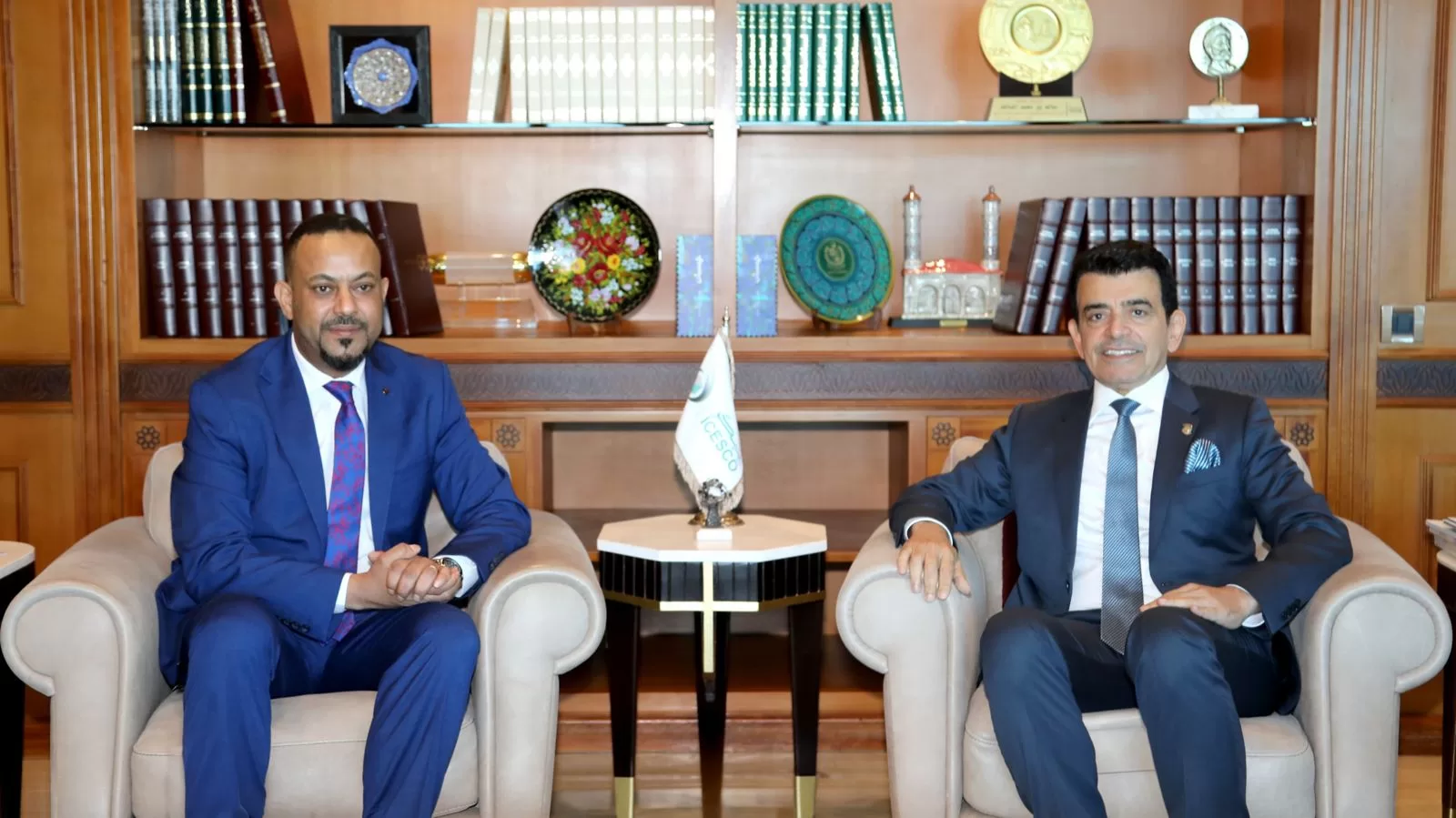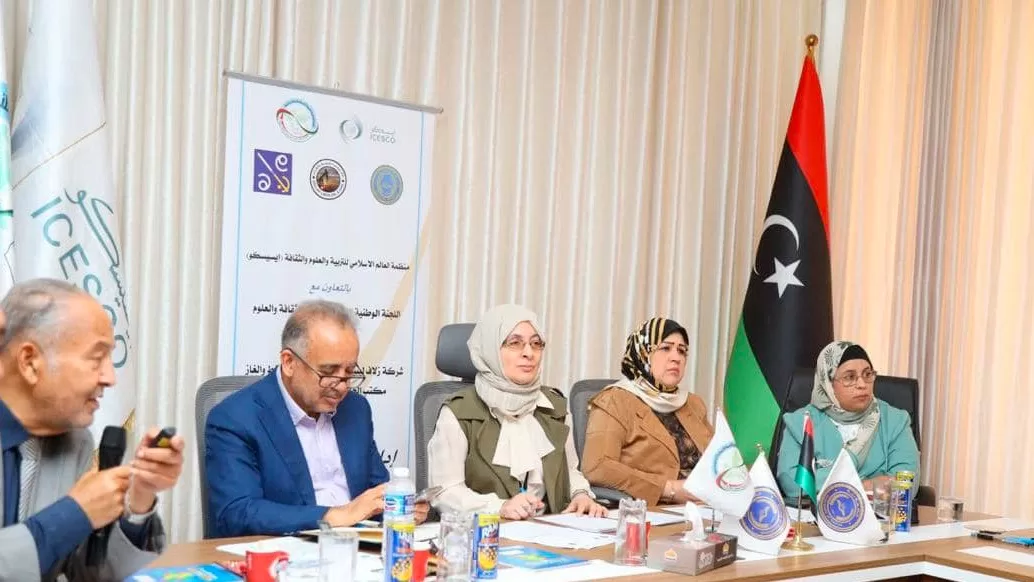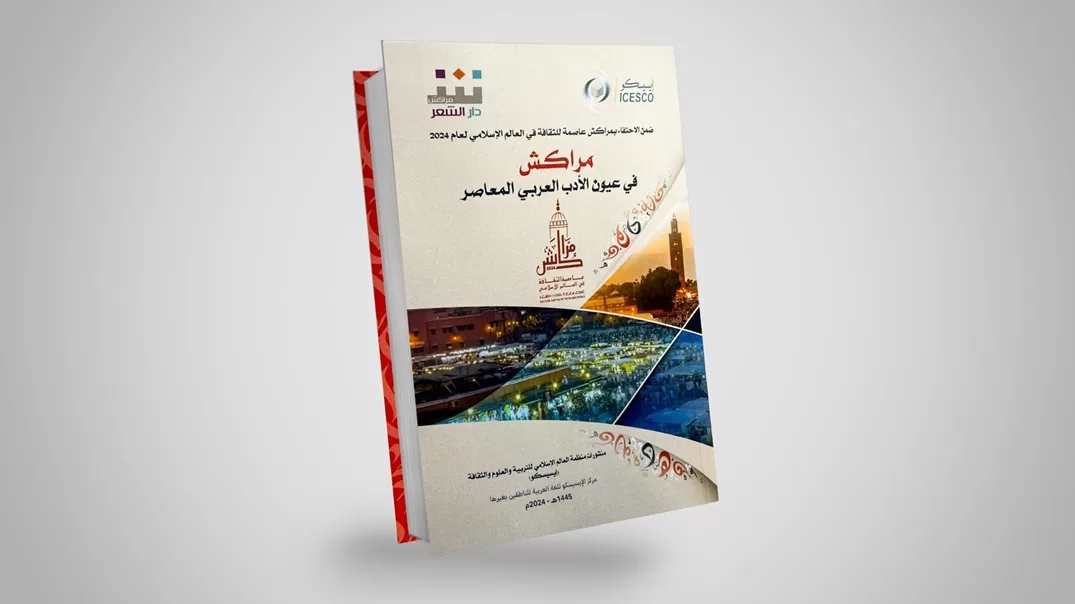
Detailed Comprehensive Report: ICESCO Scores 253 Achievements in 17 months

31 December 2020
The Islamic World Educational, Scientific, and Cultural Organization (ICESCO) issued a detailed report documenting the major achievements the Organization has scored over the period between May 2019 and September 2020. The report reflects ICESCO’s commitment to developing its work evaluation mechanisms and field impact measurement, in response to the Islamic world countries’ needs in the fields of education, science, and culture.
The 261-page report reviews ICESCO’s achievements since Dr. Salim M. AlMalik took office as ICESCO Director-General (DG) in May 2019. To review the achievements accomplished at the levels of the new organizational structure, the evaluation of the work of sectors and centers, or the external evaluation, the report adopts qualitative and quantitative tools and a participatory approach that involves Member States’ National Commissions for Education, Science, and Culture as strategic partners in outlining ICESCO’s current and future trends.
The report also confirms that most desired goals and outcomes of the new ICESCO vision and strategy have been achieved thanks to the concerted efforts of ICESCO’s sectors, departments, and specialized centers. Over the course of 18 months, the report covers 253 various achievements including the organization of high-level ministerial conferences and regional and international meetings. The achievements also include workshops, programs, projects, humanitarian aids that benefitted 103,339 people, including 2,104 educators, 5,546 students, 934 women, and a host of experts and academics.
The report states that during the said period, ICESCO has inscribed 140 historic sites on its Islamic World Heritage List (IWHL), following the Islamic World Heritage Committee’s (IWHC) adoption of the countries’ nominations. The Organization also celebrated seven Islamic World Capitals of Culture. The report reviews the Organization’s initiatives, programs, and projects to support the efforts to mitigate the impact of the COVID-19 pandemic and build the capacities of vulnerable Member States to address the crisis.
The report, which opens with the DG’s statement, is divided into five sections. The first reviews the new vision and the subsequent structural and administrative reforms aimed at developing the working mechanisms, improving human resources, automating and digitizing the working system and upgrading its mechanisms. The section also shows the financial management streamlining, the electronic transition, ICESCO’s Grants of Excellence, strategies and plans, the fields of education, science and culture in the Islamic world, and the challenges to address.
The second section addresses the general policy and includes the respective activities of the DG, the General Secretariat of the National Commissions and Conferences, and the Sector of Partnerships and International Cooperation.
The third section is dedicated to the achievements of the Sectors of Education, Science, and Technology, Culture and Communication, and Human and Social Sciences. It also includes the achievements of the Center of Strategic Foresight and the Center of Arabic for its Non-Speakers as well as the Department of Legal Affairs.
The fourth section explores ICESCO’s role in managing the COVID-19 crisis. The report closes with an external evaluation of ICESCO’s work, divided into two parts: Member States’ views and ICESCO in the media.
The full report is available on ICESCO website:



